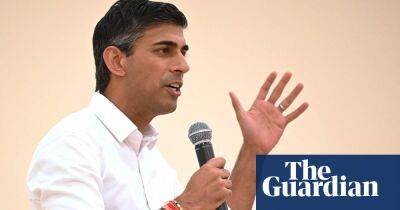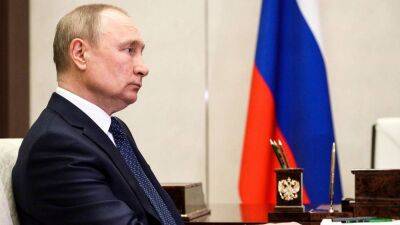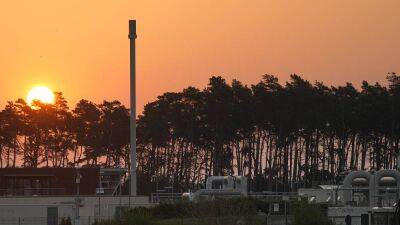Which European countries are rethinking military service amid Ukraine war?
“Any Frenchman is a soldier and owes himself to the defence of the nation,” declared the Jourdan Act of 1798, pioneering the concept of universal military service.
Almost two centuries later, French President Jacques Chirac finally did away with the levée en masse, replacing it with “Defence and Citizenship Day”, an away day for youths to learn about Republican values once a year.
The end of national service in 1997 wasn’t universally popular in France. For some, it was an affront to history. For others, an admission of the country’s collapsing importance in world affairs.
But the rest of Europe would follow suit. Across the continent, military service was on its last legs by the turn of the century.
Policymakers wanted their militaries staffed only with professionals. With no conflict west of the Balkans in almost half a century, grand armies of potentially hundreds of thousands of reservists seemed not just outdated but expensive.
Britain had done away with military service in 1963; Belgium did so in 1992. But between 2004 and 2011, a vast swathe of Europe did away with national service. Only Denmark, Estonia, Finland, Cyprus, Greece, Austria and Switzerland have never abandoned conscription. Some rules were relaxed, though. In 2006, Vienna reduced military service down to only six months.
Russia’s annexation of Crimea in 2014 was the first shock that prompted several European governments to rethink military service. Ukraine brought back conscription in 2014, which has allowed it to amass a vast army of professionals and reservists in its current war with Russia.
In 2015, Lithuania partially reintroduced it (after having ended it in 2008) and Norway became the first European country to introduce compulsory military service
Read more on euronews.com

















![Au Revoir Ethereum, Chiliz [CHZ] has relied enough on you](https://finance-news.co/storage/thumbs_400/img/2022/8/23/38221_iue.jpg)





